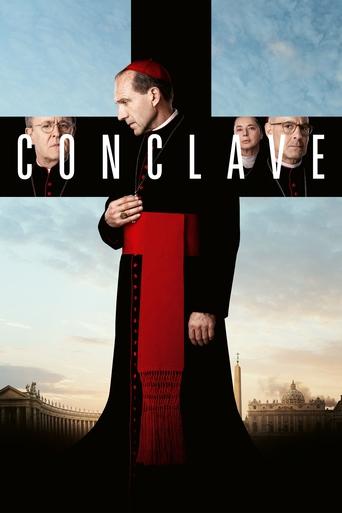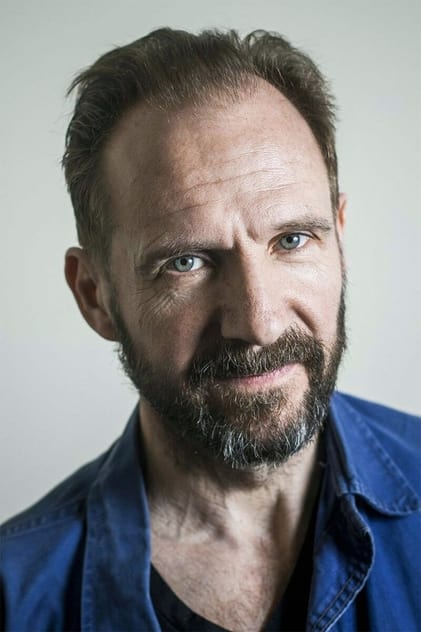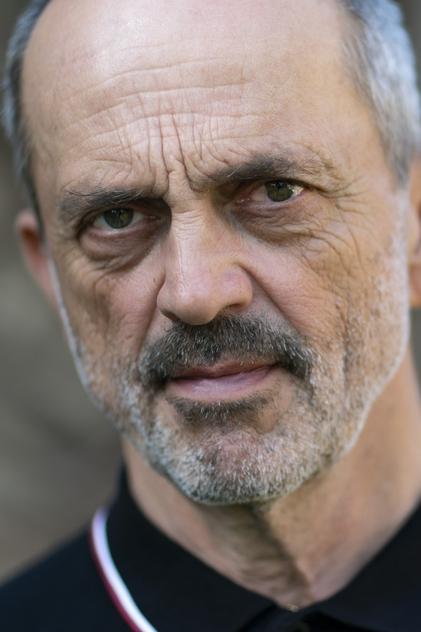
Drama,Thriller,Mystery-120m
What happens behind these walls will change everything.
Overview
After the unexpected death of the Pope, Cardinal Lawrence is tasked with managing the covert and ancient ritual of electing a new one. Sequestered in the Vatican with the Catholic Church’s most powerful leaders until the process is complete, Lawrence finds himself at the center of a conspiracy that could lead to its downfall.
Series Cast












Reviews
It’s more than a little frustrating when a film seemingly has all of the elements needed to make it work except the one that’s most crucial, the one that enables a production to brilliantly succeed or doom it to failure – the story. Such is the case with director Edward Berger’s latest, the much-anticipated, much-celebrated drama about the convening of a papal conclave to select a new pope. From a technical standpoint, the filmmaker has pulled together everything that should make this an epic picture – a gorgeous production design, stunning and inventive cinematography, and a stellar cast featuring superb performances by the likes of Ralph Fiennes, Stanley Tucci, John Lithgow and Isabella Rossellini, as well as fine turns by such lesser-known performers (at least to American audiences) as Lucian Msamati and Sergio Castellito. The picture also raises some insightful observations (though a little too infrequently for my tastes) about the current state of the Roman Catholic Church, particularly its foot-dragging on implementing reforms, the incessant high-profile scandals that have rocked the institution, and the rising tide of unflattering public perceptions among its increasingly skeptical practitioners, all of which weigh heavily on the College of Cardinals in determining who should be named as the new Holy Father. Unfortunately, though, the story and script leave a lot to be desired. For starters, much of the film’s opening act moves by at a glacial pace, frequently causing one’s eyelids to become more than a little heavy. As the picture moves into the meat of the story – the conclave itself – it waxes somewhat melodramatic, not unlike a glorified 1980s prime time TV soap opera. Its attempt to come across as an intrigue-laced thriller amounts to more than a succession of backstabbing segments in which the leading candidates to become the next pontiff are systematically eliminated through the revelation of skeletons in their respective closets. Finally, as the movie enters the stretch run, it throws in several twists and turns that either come completely out of left field (and somewhat implausibly at that) or that predictably materialize on cue thanks to the planting of patently obvious clues early on that were wholly impossible to ignore as the story plays out. Regrettably, these narrative foibles undermine all of the other fine attributes that this production has going for it, ultimately amounting to a case of being long on style but a little skimpy on substance, a shortcoming that also plagued Berger’s last feature outing, “All Quiet on the Western Front” (2022). Unlike many others who have been so profoundly moved and thoroughly captivated by this release, perhaps my not having been born and raised Roman Catholic has somehow prevented me from fully appreciating the depth and magnitude accorded to this offering’s contents. But, as someone who seeks to evaluate everything I screen on an equal footing, I can’t help but observe that “Conclave” simply doesn’t measure up when it comes to what it takes to make a genuine big screen epic.
FULL SPOILER-FREE REVIEW @ https://movieswetextedabout.com/conclave-review-a-riveting-vatican-thriller-destined-for-year-end-accolades/ "Conclave surpasses expectations for a mystery-thriller set in the Vatican's inner sanctum. It's a focused exploration of characters shaped by religious convictions and personal ambitions, offering a fascinating reflection on morality, faith, and power. Edward Berger's technically flawless direction guides a brilliant cast through a narrative that never underestimates the viewer's intelligence. Peter Straughan's screenplay tackles universal themes of corruption and idealism with rare sensitivity, balancing narrative tension with emotional depth. With Ralph Fiennes' magnetic performance, Volker Bertelmann's gripping score, and Stéphane Fontaine's immersive cinematography, Conclave stands as one of the most captivating films of the year." Rating: A
<em>'Conclave'</em> has a lot to enjoy about it, even if it is slightly overlong. The performances are its biggest strength, which is an element that is critical to get correct for talky films like this - and thankfully this one does get it right. Ralph Fiennes is terrific, you know what you're going to get from Fiennes and I mean that entirely positively. John Lithgow, Stanley Tucci, Lucian Msamati and Sergio Castellitto merit praise too. I love the score, while the cinematography is splendid. The story is very watchable, even for someone like me who has zero interest in religion. I will say that the film does last a bit longer than it needs to, I wasn't ever bored or anything close but across the final chunk I was awaiting the end credits. It feels like a two-hour movie - not negatively, just noticeably.
When the Pope dies, it falls to the Dean of the College of Cardinals, "Cardinal Lawrence" (Ralph Fiennes) to organise the conclave that will elect his successor. His own personal preference is for the liberal "Bellini" (Stanley Tucci) but there is also plenty of support elsewhere. "Adeyami" (Lucian Msamati) could be the first pontiff from Africa; "Tremblay" (John Lithgow) is an ambitious American and "Tedesco" (Sergio Castellitto) the formidable and ultra-conservative candidate. As they are all assembling, a surprise arrives in the form of the hitherto unknown Cardinal Archbishop of Kabul (Carlos Diehz) and so now, the red tables are set for a process that shines a light on the flawed humanity of many of the men gathered together. For all of their ostensibly benign spirituality, these are politicians and even "Lawrence" finds his faith, his patience and his loyalties tested as he becomes aware of a conspiracy. Or is it a series of conspiracies? Is he being manipulated? Is it all just a smokescreen? With the voting showing little sign of breaking a deadlock amongst the 108 men sequestered in the room, he begins to fear that the outside world might conclude that the church is divided. That very same outside world, meantime, is suffering from a spate of terrorist attacks that even the ancient walls of the Vatican cannot shield them from, as the old traditions battle for supremacy with the more modern ones. Not since the "English Patient" (1996) have I seen Fiennes deliver like this. His character is a conflicted one, and he portrays that effectively - especially as he wrestles with his own crises of conscience and faith. Those deliberations lead him to a very difficult choice at a denouement that I didn't really love. It came a lot from left field and though quite thought-provoking to an extent, seemed just a bit too contrived to make a point that I felt rather stretched plausibility in what was hitherto quite a compelling thriller. Isabella Rossellini barely features and I thought added little to the drama beyond being a conduit for other, rather undercooked, aspects of the plot to develop. It's a good, solid, thriller that illustrates that politicians in cassocks and red hats are no less ruthless when they play for power, and it is a good watch. Maybe just not a great one.

